Local History
Local history helps children make sense of their immediate world. However, it is not just a case of bombarding them with local facts. Good local history involves enquiries that allow children to investigate drawing on their previous historical knowledge and understanding. It allows them to use interesting local sources including pictorial, artefacts and written and to link with national and even international history.
Sort by:
Date (Newest first) | Title A-Z
Show:
All |
Articles |
Podcasts |
Multipage Articles
-

'Doing Local History' through maps and drama
ArticleClick to view -

A Local History Toolkit
ArticleClick to view -

Case Study: Hit the net!
ArticleClick to view -
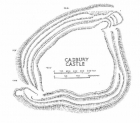
Case Study: Working with gifted and talented children at an Iron Age hill fort in north Somerset
ArticleClick to view -

Chronology: Developing a coherent knowledge
ArticleClick to view -

Churches as a local historical source
ArticleClick to view -

Curriculum planning: How to write a new scheme of work for history
ArticleClick to view -

Dealing with the dead: Identity and community - Monuments, memorials and local history
ArticleClick to view -

Doing history in the early years and foundation stage
ArticleClick to view -
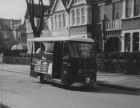
Early Years: Learning about the Past through 'People Who Help Us'
ArticleClick to view -

From Home to the Front: World War I
ArticleClick to view -
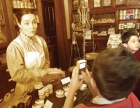
Geosong: a transition project
ArticleClick to view -

History outside the classroom at Key Stage 1
ArticleClick to view -

How do we ensure really good local history in primary schools?
ArticleClick to view -

How local history can bridge the gap...
ArticleClick to view -
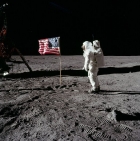
Implementing the 2014 curriculum in Year 2
ArticleClick to view -

Introducing local history: the Fusehill Workhouse Project
ArticleClick to view -
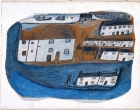
Key Stage 1 local history through fresh eyes
ArticleClick to view -

Local History and the 2012 Olympics
ArticleClick to view -

Local People and Places in the Early Years
ArticleClick to view

